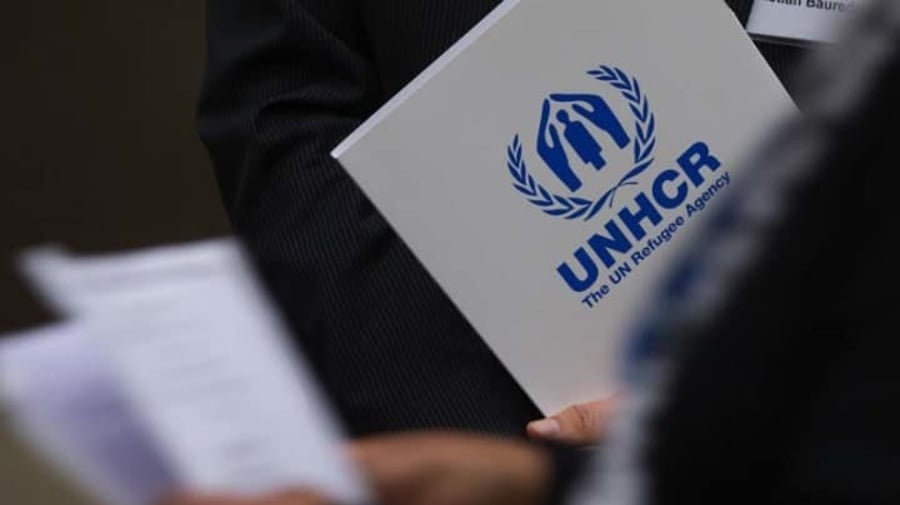Master glossary of terms
Master glossary of terms

Foreword by Director Grainne O’Hara, Division of International Protection
UNHCR launched its master glossary of terms in June 2006 to address challenges around the use of different definitions and descriptions for the same concepts, in UNHCR publications. The first edition was primarily intended for internal use, as a living document to be adjusted according to developments over time.
Fifteen years later, the context in which discussions around international refugee protection, displacement and statelessness take place has changed significantly. New and vitally important legal, jurisprudential and policy developments, including the affirmation of the Global Compact on Refugees by the UN General Assembly in 2018, development of regional and national law, and increased displacement as part of wider global human mobility, due to many different causes, are all part of the broader context.
Different and at times discordant interpretations of certain concepts and terminology related to displacement have emerged and are used in ways which can complicate debate and efforts to strengthen protection and solutions for refugees, other displaced and stateless persons worldwide.
Against this backdrop, the need to update and reissue UNHCR’s master glossary as authoritative guidance on the definition of key terms has emerged as an institutional priority which we hope will be of use to States and others interested in clarity of terminology. pressing necessity. Efforts to strengthen international cooperation, as well as burden and responsibility sharing, for the protection of those who flee persecution will be enhanced by common understandings of terms such as “international protection”, “asylum seeker” and others.
While this updated version of the glossary will provide guidance to UNHCR for the purpose of systematic and coherent use of terminology in all of its publications, it aims also to provide a valuable resource to partners working in the area of displacement and migration and related fields including states, academia, civil society and international organizations. In this way, it seeks to promote a uniform and consistent understanding of frequently-used definitions and terms.
In updating the glossary, wherever applicable, UNHCR has incorporated terminology and definitions used in international law. In other cases, where international legal definitions may not exist, reference has been made to regional legal instruments, soft law and policy frameworks and working documents. Thus, in some instances, the definitions provided may vary from those given or adopted by other entities.
Aware that human mobility is constantly evolving, UNHCR will maintain the Glossary as a living document. For this reason, it will be available online, where new terms will be added and updated definitions incorporated over time.

